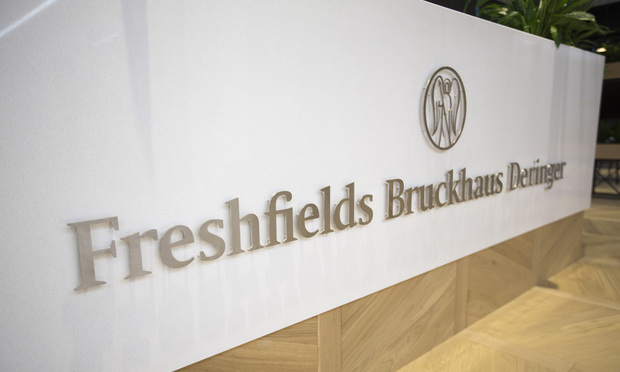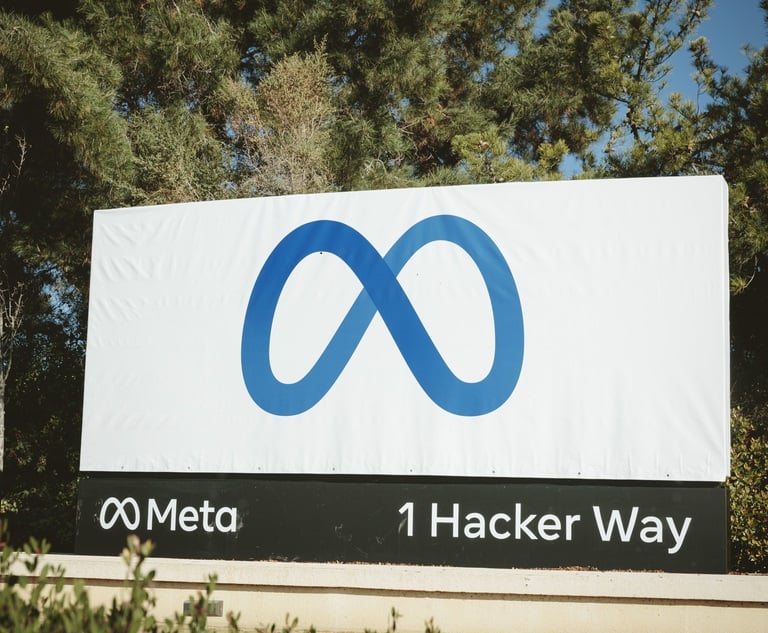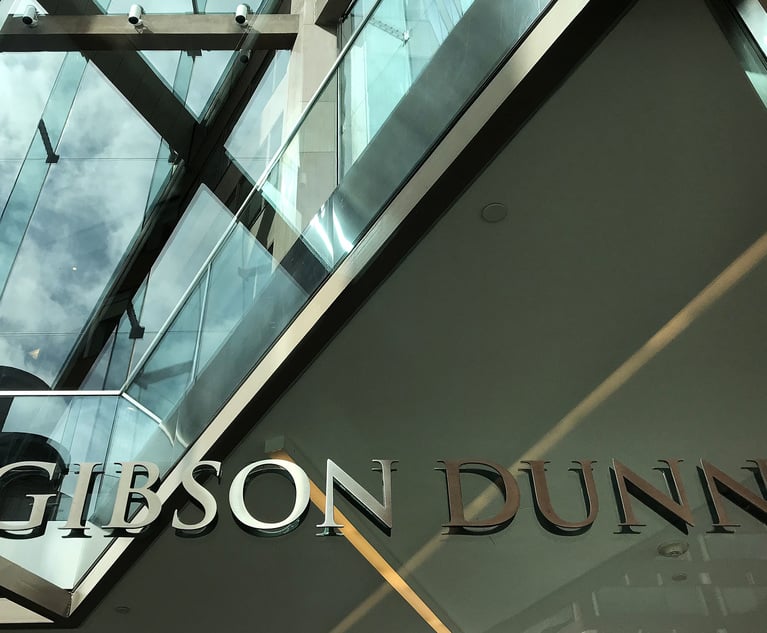Freshfields Bruckhaus Deringer has decided against modifying its lockstep to a model that would have seen high-performing junior partners rise the ranks more quickly.
The firm had adjusted its partner compensation model in 2018 in an effort to retain star talent. But it had returned to the issue the following year in the wake of more partner departures.

 Freshfields could continue to lose its younger talent unless further changes are made, says one rival at a US firm.
Freshfields could continue to lose its younger talent unless further changes are made, says one rival at a US firm.







